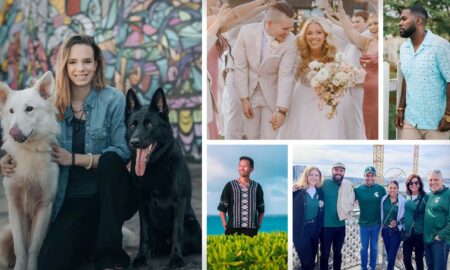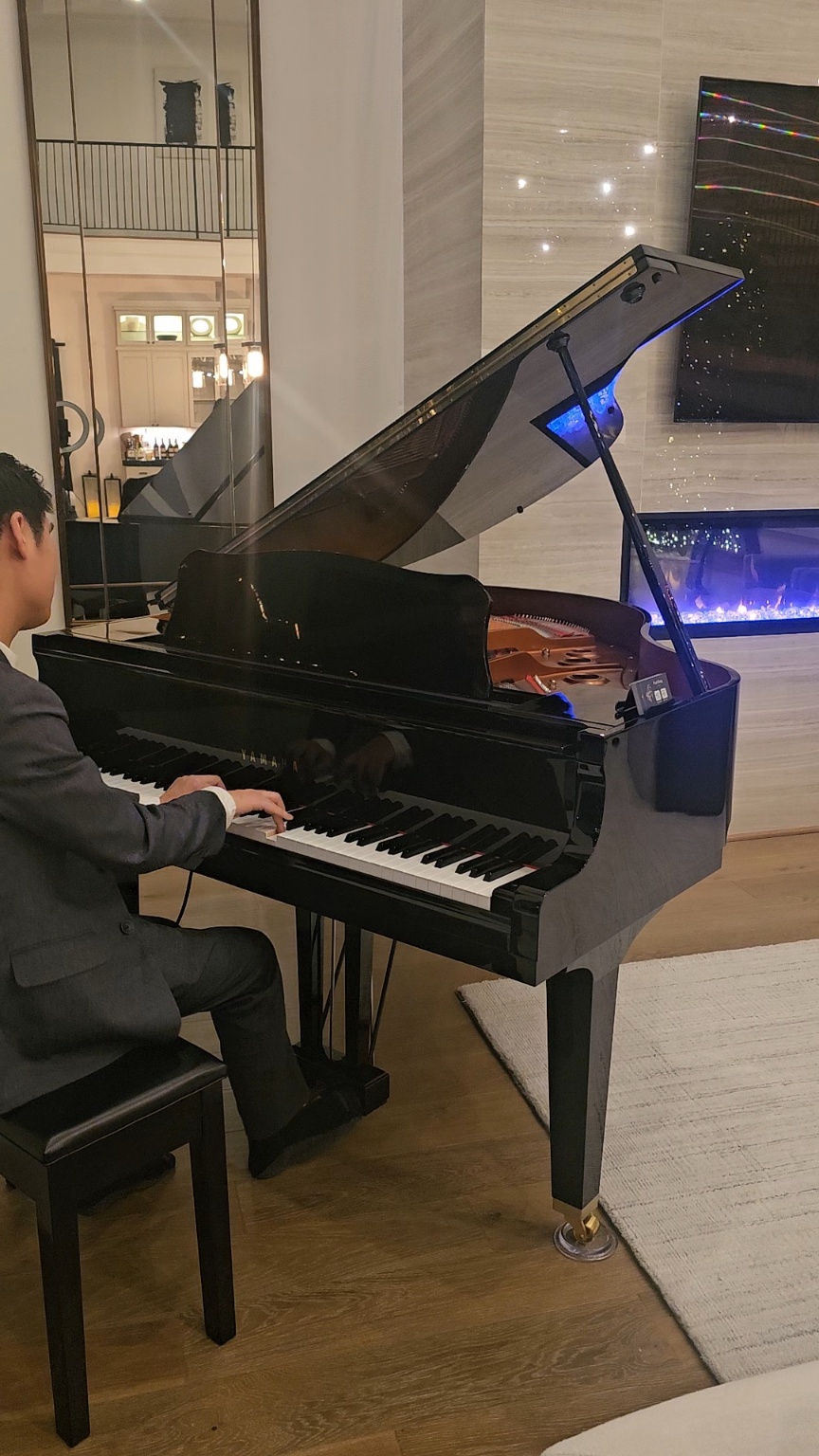

Today we’d like to introduce you to Paul Bang
Hi Paul, can you start by introducing yourself? We’d love to learn more about how you got to where you are today?
I started ‘seriously’ getting into learning the piano at the age of 13. I actually started learning piano when I was 4 years old, but I gave up pretty quickly because I didn’t enjoy it at the time. It wasn’t until I turned 13 that something sparked my interest in piano again. I was attending a small church, and for some reason, I just felt this urge to start playing. From there, I began teaching myself and practicing regularly.
What really drew me in after that was music theory and chords—I found them fascinating, especially since I was playing everything by ear. When I started thinking about how I could continue growing musically, jazz stood out to me because it’s so connected to ear-playing, improvisation, and creativity. That’s why I decided to pursue a Jazz Studies degree at West Virginia University (WVU), where I studied from 2017 to 2019.
Church played a huge role in shaping my playing style early on. During high school, I had a piano teacher at my church who really emphasized paying attention to the details in songs, which made me more detail-oriented in my playing. Then, during my time at WVU, I studied with classical piano professors who helped me strengthen my technical skills. Currently, I’m studying under Dr. Diego Caetano, who has been teaching me not only advanced techniques but also how to approach practicing with the right mindset. That shift in perspective has been incredibly valuable.
I think the moment I realized I could make music my career was back in high school. After playing piano during a church service, several people came up to me and said, “That was so beautiful.” Hearing that feedback gave me confidence—it made me feel like maybe this was something I could do for life.
As for gigging, I started performing at small events around 2013—mostly weddings and dinner gatherings at my church. It wasn’t on a big scale, though, until I moved back to the U.S. in 2024 after living in Korea for three years. Since then, I’ve been taking my gigging business more seriously. One memorable gig that stands out happened at The Morii Coffee. The AC had broken, and it was still really hot in Houston at the time, so we didn’t expect many people to show up. But despite that, the place filled up, and afterward, several people came up to me with encouraging words. One even said the music was healing. That moment stuck with me because it reminded me of how powerful music can be.
Right now, I’m working on balancing two things—expanding my piano gig business and studying music therapy. Both are important to me because they involve using music to connect with people in different ways. If I had to sum up what’s helped me get to this point, I’d say it’s been a mix of courage and confidence. I wasn’t always this way—I used to be afraid of performing outside of my church because I didn’t think I was good enough. But over time, I realized that you have to start somewhere. Each gig, each performance, is a chance to learn and improve, and every opportunity is a step forward.
Can you talk to us a bit about the challenges and lessons you’ve learned along the way. Looking back would you say it’s been easy or smooth in retrospect?
Not at all—it’s definitely been a bumpy road, with several challenges along the way. One of the biggest issues I’ve faced has been self-confidence. I used to rely heavily on other people’s compliments to feel good about my playing, and since I didn’t have a clear standard for myself, I ended up constantly comparing my abilities to others. This made it hard for me to believe in my own progress, which affected my motivation.
Another major challenge was mastering proper technique and sightreading. When I first started playing, my fingering was inconsistent, and I tended to play everything with too much force, which made my music sound loud and unbalanced. Sightreading was also difficult because I relied too much on playing by ear, which is still something I’m working on. Looking back, I realize this was a missed opportunity because sightreading is such a valuable skill, especially when someone hands you sheet music and asks, “Can you play this for my event?”
During university, I hit another tough point. That’s when I fully realized how many talented musicians were out there who were far better than me. Instead of using that realization to motivate myself to practice harder, I withdrew into my shell, thinking, “I’m never going to match up to that level.” That mindset led me to quit playing professionally from 2021 to 2023.
What helped me get over the confidence issue was simply playing more and realizing that my playing wasn’t as bad as I thought. Over time, I learned to trust my abilities, and that made a big difference. Coming back to music after a break wasn’t easy—I had to relearn how to promote and market myself. While I’m an extrovert by nature, I do find it challenging to strike up the first conversation, so that’s something I’m still working on.
Balancing everything has been another struggle. Right now, I’m a full-time student studying music therapy while running a piano business. On top of that, my school is in Huntsville, which is more than an hour’s drive from home. Managing homework, long commutes, and performances can get overwhelming at times, but I try to stay grounded by reminding myself that this is a second chance. I gave up music once before, and I see this as an opportunity that didn’t come for free. That thought keeps me motivated, and on tough days, I reach out to friends for support.
Looking back, I did walk away from music for a while, but what brought me back was realizing how much I missed playing and the fact that music has the power to help others heal. That’s what led me to pursue music therapy—it’s a way to combine my love for music with something meaningful.
Lastly, I think my analytical nature has helped me navigate the tougher parts of the journey. There are tasks that can feel overwhelming, but I’ve learned to break them down into manageable steps. Whether it’s practicing, doing homework, or preparing for gigs, dividing things into smaller tasks makes them less daunting. It’s that mindset that helps me keep moving forward, even when the road gets tough.
As you know, we’re big fans of you and your work. For our readers who might not be as familiar what can you tell them about what you do?
I run a gigging piano business where I perform for weddings, private parties, and special events. My style is versatile—I specialize in pop, jazz, and film music, which allows me to cater to a wide range of audiences and settings. Since I play everything by ear and have a strong foundation in jazz, I can easily adapt to song requests on the spot, which is something many clients appreciate. What sets me apart is the personal touch I bring to each performance. I take pride in customizing the music for each event, ensuring that it resonates with the audience and creates a memorable experience.
One thing I’m most proud of is my ability to connect with people through music. Whether it’s during a wedding ceremony or a smaller, intimate gathering, I strive to create an atmosphere that leaves a lasting impact. I also value the relationships I build with my clients—many have described my performances as not just entertaining, but also healing and uplifting, which is incredibly meaningful to me.
Ultimately, what sets me apart is my blend of musical versatility, attention to detail, and the ability to create experiences that go beyond just playing music. Every performance is an opportunity to improve and connect with people in a way that’s both personal and professional, and that’s what makes this work so fulfilling for me.
Is there anyone you’d like to thank or give credit to?
First and foremost, I’m deeply thankful for the teachers who guided me throughout my piano journey. My first piano teacher at church introduced me to chords, which sparked my interest in music theory and improvisation. My second teacher helped me refine my playing, teaching me how to approach the piano with more smoothness and subtlety. I’m also grateful to Dr. Diego Caetano, who is currently helping me master the finer details of piano technique and teaching philosophies that have transformed how I approach practice.
But more than anyone, I owe a special debt of gratitude to Dr. Yoojin Lee Williams. She has been a mentor and guide throughout the most critical moments of my musical journey—from when I first began learning piano in 2009, to when I made the big decision to prepare for my university piano audition in 2016, and even in 2023, when I had given up on playing piano professionally. It was Dr. Williams who introduced me to the idea of music therapy, and that was the spark I needed to return to America, restart my music career, and pursue a new path in music therapy.
Next, I want to thank my family, whose support I’ve come to appreciate more and more as I get older. They have been there through every phase—when I first started playing, when I quit, and when I decided to start again. I’m especially thankful to my younger brother Jason, who is also pursuing music in Korea, and my mom. Both of them helped me figure out my next steps when I was in Korea, uncertain about what to do next. Their encouragement played a huge role in helping me find my way back to music.
Pricing:
- Piano playing (in private events – such as parties, weddings): $175 at first hour, $150/hour from 2 hours or more.
- Restaurant/Cafe: Contact for Pricing
Contact Info:
- Website: https://www.paulbangpianist.com/
- Instagram: https://www.instagram.com/paul.tissimo/
- Youtube: https://www.youtube.com/@paultissimo9328
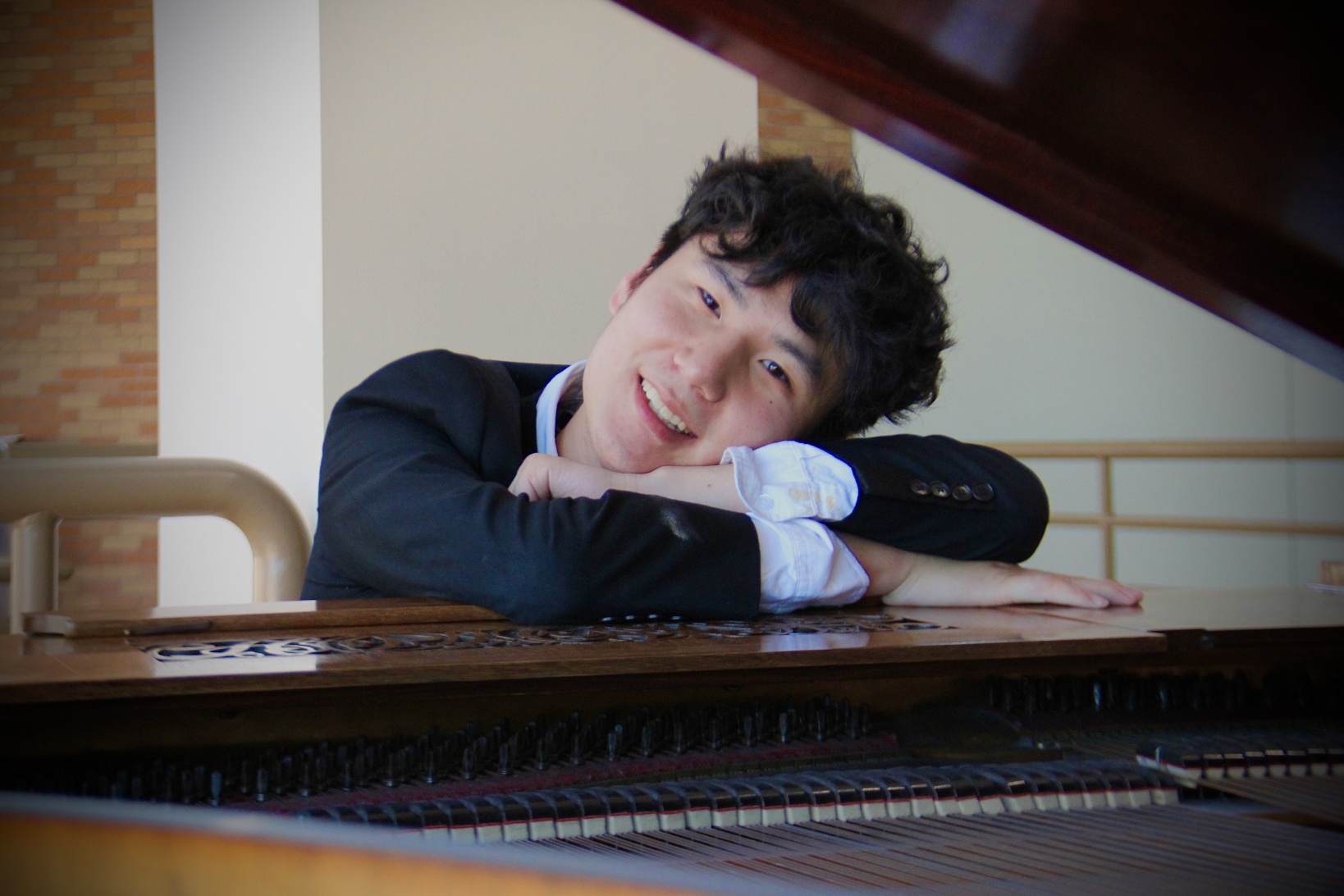

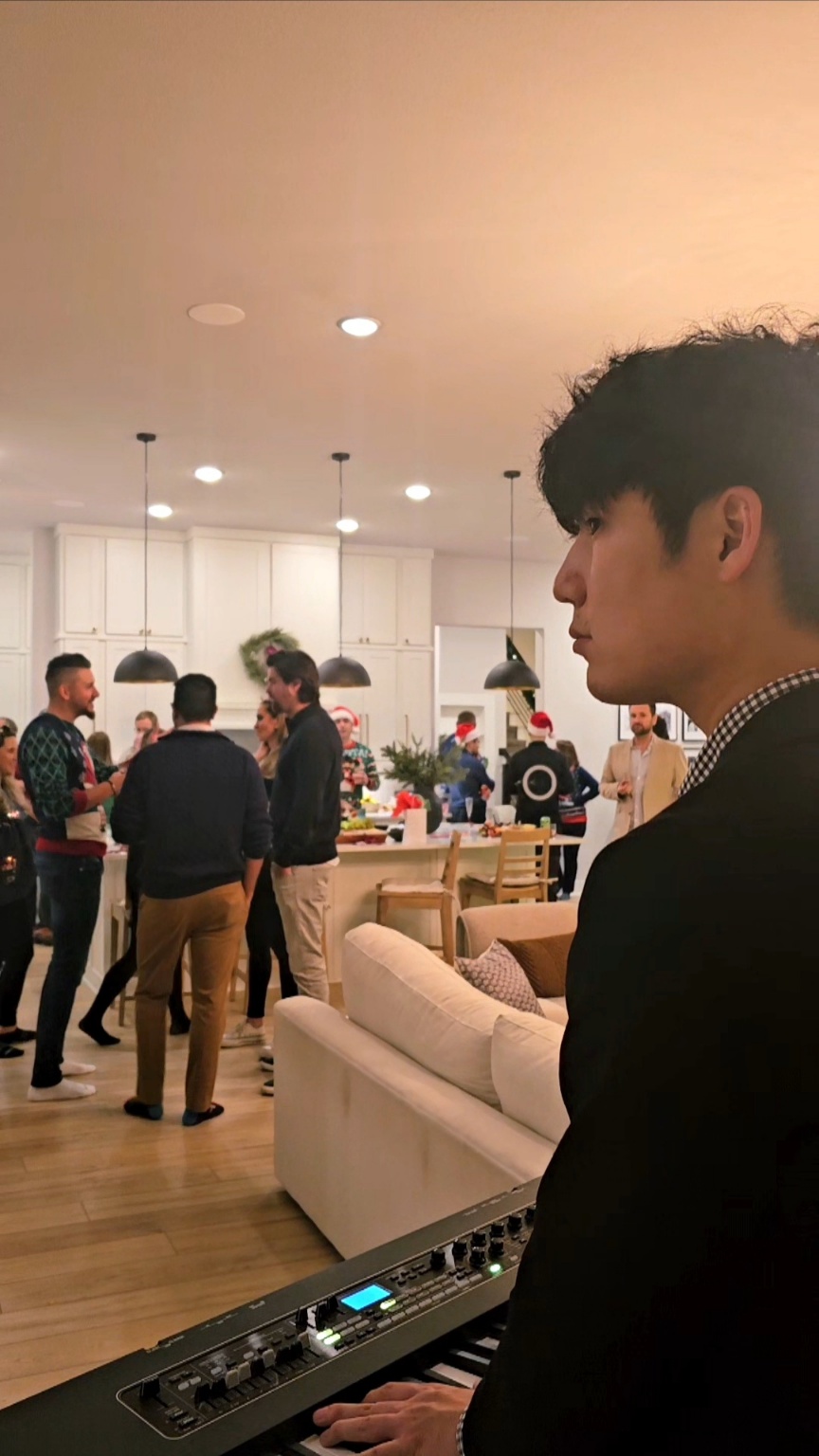
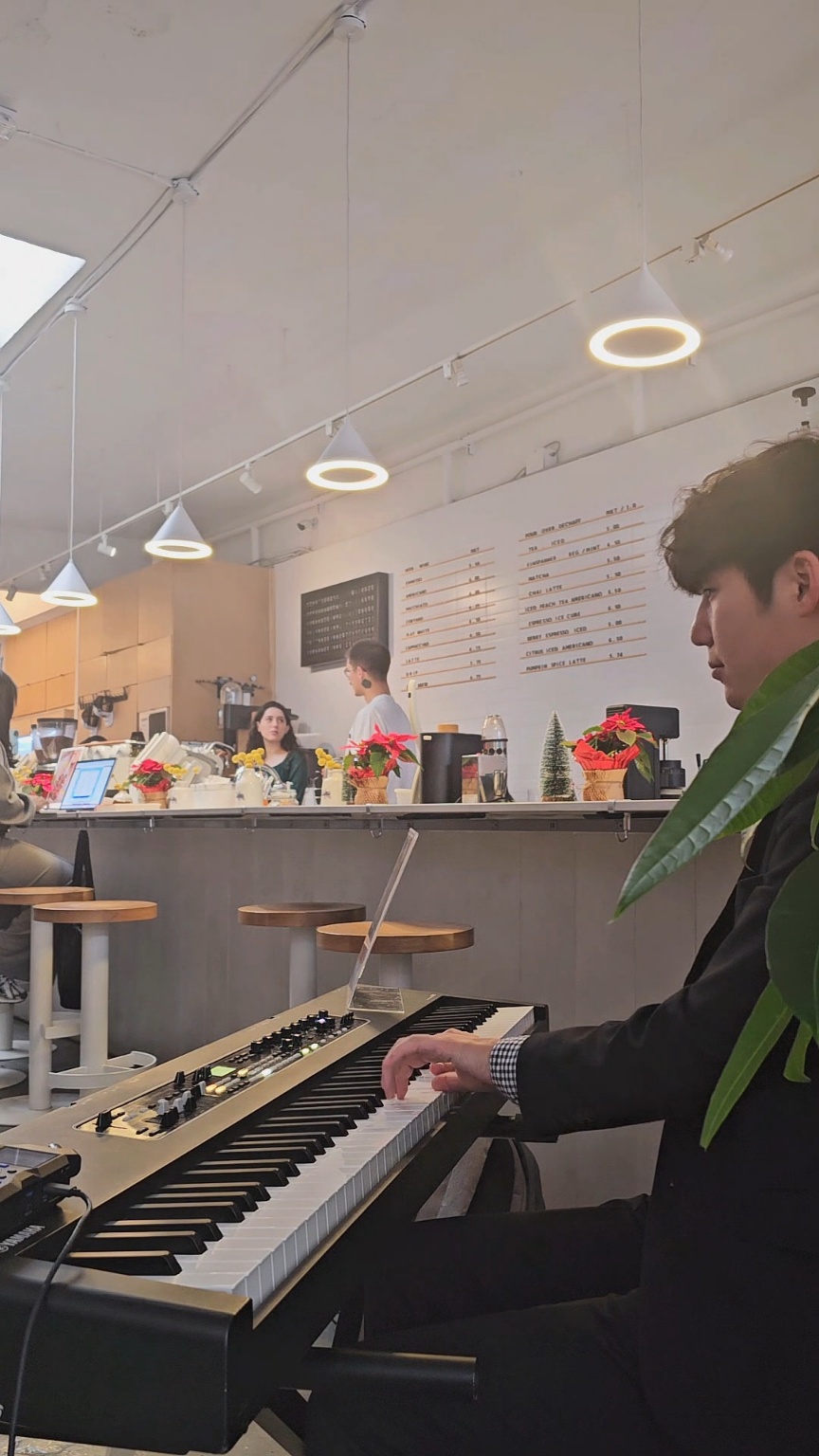
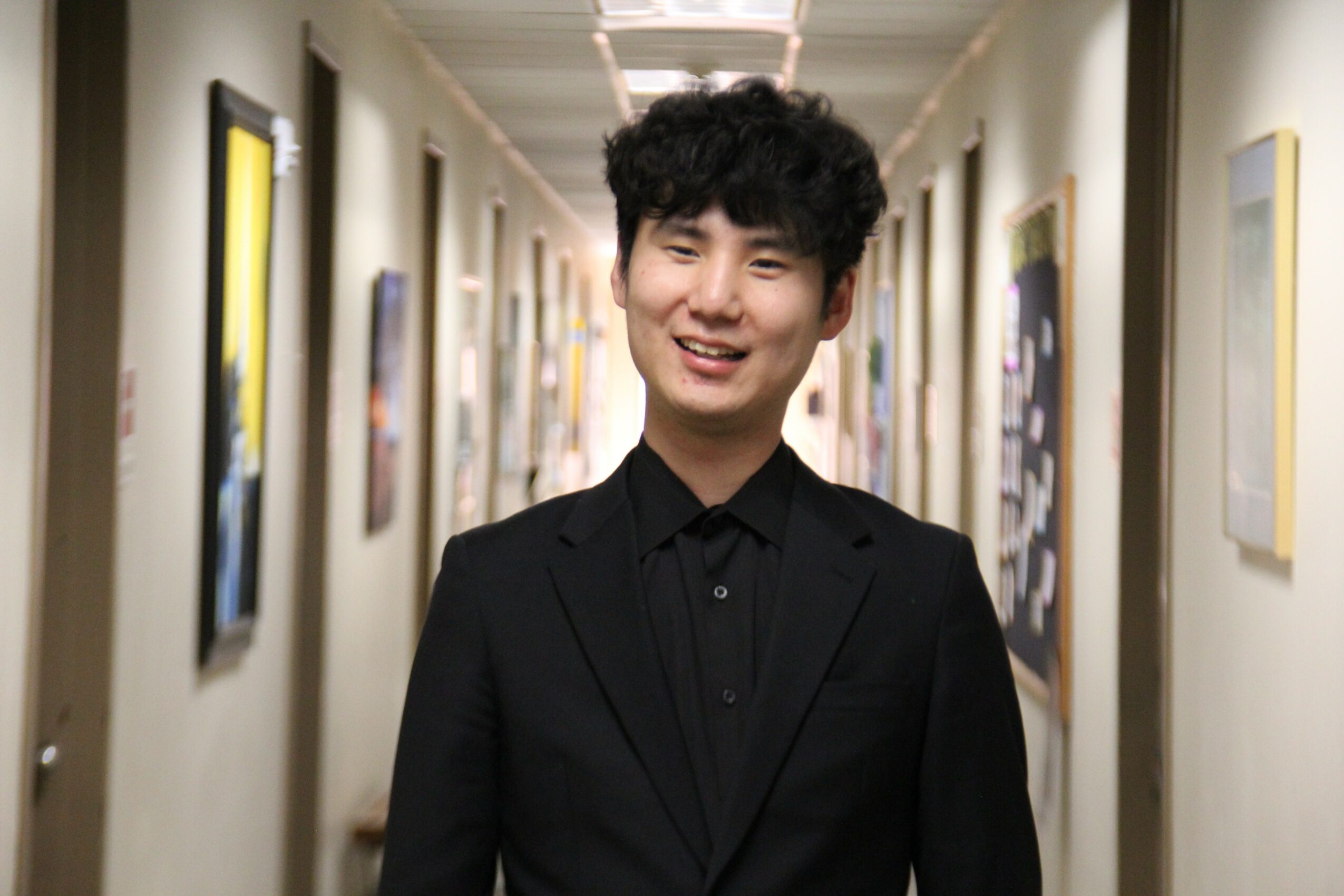
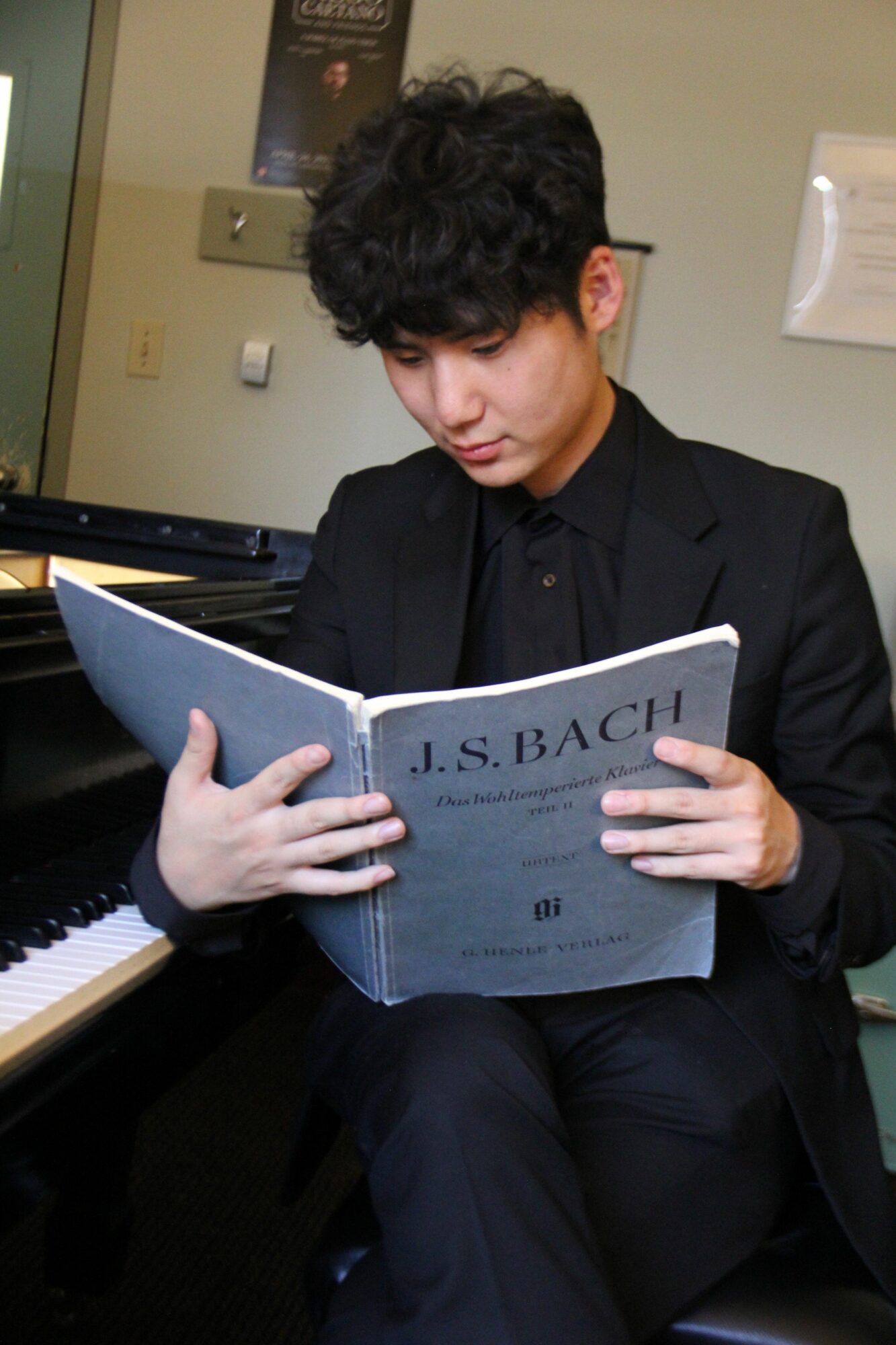
Image Credits
David Morales

